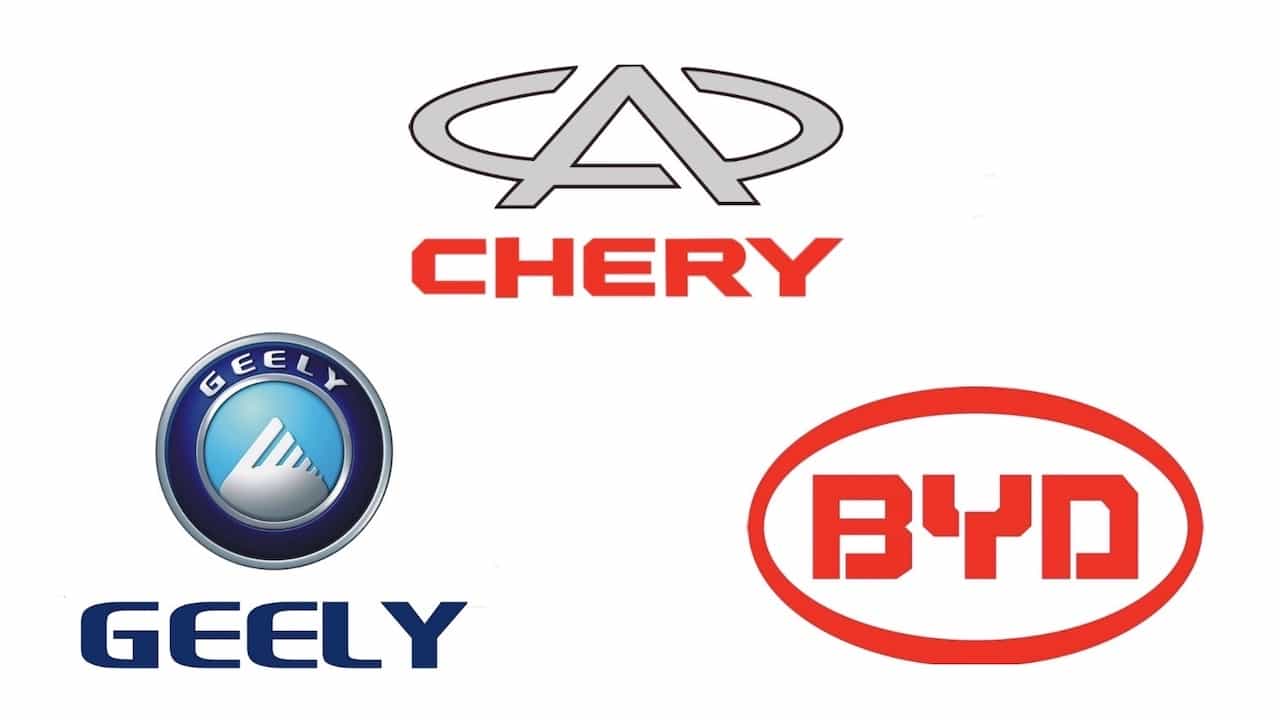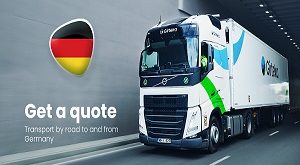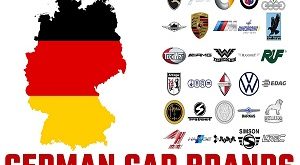Automotive Industry of China
Automotive Industry of China, China has a sizable and powerful automobile sector that leads the globe in both car sales and production. Here’s a closer look at its past, significant figures, and the factors influencing its future:

History and Growth
Early Origins: Although China produced cars on a small scale in the early 20th century, economic reforms and joint ventures with global automakers in the 1980s and 1990s saw the country’s automotive industry finally take off.
Rapid Expansion: China’s automobile sector grew at an unparalleled rate in the twenty-first century, taking the lead in the global car market. The growing middle class and pro-business government policies drove this growth.
Automotive Industry of China
Current State
Since 2009, China has been the global leader in automobile production, turning out more than 26 million cars a year. It’s also the biggest automobile market in the world, with successful local and foreign brands.
State-owned Giants:
Companies like SAIC Motor, Dongfeng Motor, and FAW Group.
1. SAIC Motor: A Powerhouse in the Chinese Automotive Landscape
SAIC Motor Corporation Limited, also known as SAIC Motor, is a state-owned enterprise that consistently maintains a position in the top 10 global rankings and is one of the largest manufacturers in China. Since its founding in 1955, the business has experienced substantial growth and diversification. At the moment, SAIC Motor sells a variety of goods, such as parts, passenger cars, and commercial vehicles. Notably, the company owns several well-known auto brands, including the well-known MG and Roewe brands, and has connections to multinational corporations like Volkswagen and General Motors.
SAIC Motor is a prominent participant in the Chinese automotive sector, significantly bolstering the country’s technological advancements as well as its economic expansion. The company is heavily involved in research and development, focusing on cutting-edge technologies including electric cars and driverless driving. SAIC Motor is in a unique position to shape the path of the automotive industry both domestically and globally because of its commitment to innovation. Automotive Industry of China.
2. Dongfeng Motor: A Pillar of China’s Automotive Industry
Established in 1969, Dongfeng Motor Corporation is a notable Chinese state-owned enterprise that plays a substantial role in the global automotive industry. One of the top ten automakers in the world, Dongfeng offers a wide range of vehicles and high production volume. Using joint ventures with renowned international corporations such as Nissan, Peugeot-Citroën (PSA), and Honda, the organization gains access to cutting-edge technology and expertise.
In addition to joint ventures, Dongfeng has its local brands, such as Dongfeng Fengshen and Dongfeng Sokon, which provide a variety of automobiles, SUVs, and commercial vehicles tailored to the particular requirements and tastes of the Chinese market. Dongfeng is a research and development company that works hard on projects like driverless vehicles and electrification.
3. FAW Group: A Legacy of Innovation in China’s Automotive Industry
China FAW Group Corp., Ltd. (First Automobile Works), which was founded in 1953, is the second largest of the country’s “Big Four” state-owned automakers, following SAIC Motor, Dongfeng Motor Corporation, and Changan Automobile. Established in 1956, FAW was the first company in the nation’s automotive sector to produce a commercial vehicle, Jiefang. The business produced the first automobile, Dongfeng, and the luxury sedan, Hongqi, two years later. The company is still at the top of the business today with a diverse portfolio that covers everything from buses and heavy-duty trucks to light vehicles. Surprisingly, FAW is still a powerful force in China and is aggressively expanding into other regions, showcasing its commitment to global development and innovation.
Private Companies
Geely (which owns Volvo), BYD, and Great Wall Motors have gained significant market share.
Great Wall Motors: A Global Giant From China
The largest SUV manufacturer in China, Great Wall Motor Co., Ltd. (GWM) is a privately held Chinese carmaker that was founded in 1984 and is well-known for its emphasis on SUVs and pickup trucks. GWM, which operates in more than 60 countries, provides cars under several brands, such as the well-known Haval and WEY, to suit a range of consumer needs. They also run electric vehicle-only businesses like ORA, which exemplifies their dedication to sustainability and all-encompassing market strategy. Notably, GWM makes significant R&D investments, pushing the envelope in fields like autonomous driving and alternative fuel sources and securing its place as a dominant player in the dynamic global automotive industry.
Also Read: South Korean Automotive Companies
BYD
Chinese multinational corporation BYD Company Limited was founded in 1995 and is well-known for the wide range of products it offers in the automotive and technology industries. They have established a distinct market niche for themselves in the automotive sector by being a top producer of gasoline-powered cars as well as a trailblazer in the design and manufacturing of plug-in hybrids and electric cars under the BYD name. Their manufacturing of electric buses and charging infrastructure, which demonstrates their comprehensive approach to clean and effective transportation solutions, is another way in which they demonstrate their dedication to sustainability.
Innovation and Trends
Electrification Pioneer: China is pushing hard to grow the electric vehicle (EV) market by providing infrastructure support and offering large subsidies. The popularity of numerous Chinese EV brands is growing.
Technology Hub: Chinese companies are investing heavily in autonomous driving, connectivity, and other cutting-edge technologies.
Challenges
Oversaturation: The market is getting increasingly competitive with numerous brands and models.
Quality & Brand Recognition: To compete against established foreign brands, certain Chinese brands still need to fully build a reputation for quality and dependability.
Outlook
China’s automobile sector will always be important on the international scene. With aspirational objectives to shift to electric vehicles, support indigenous technology, and maybe increase exports, the Chinese automobile industry is well-positioned for further development and change.


